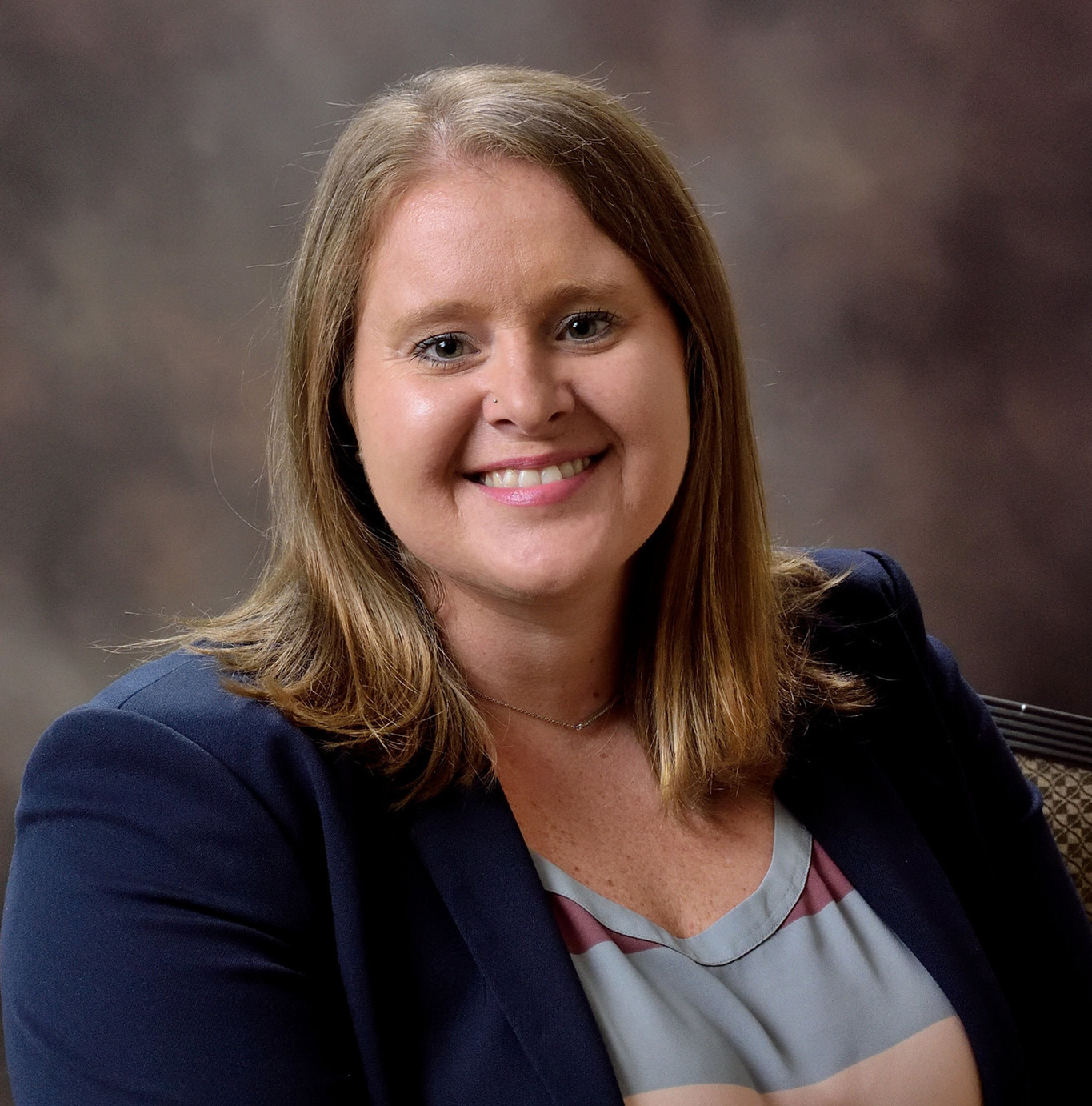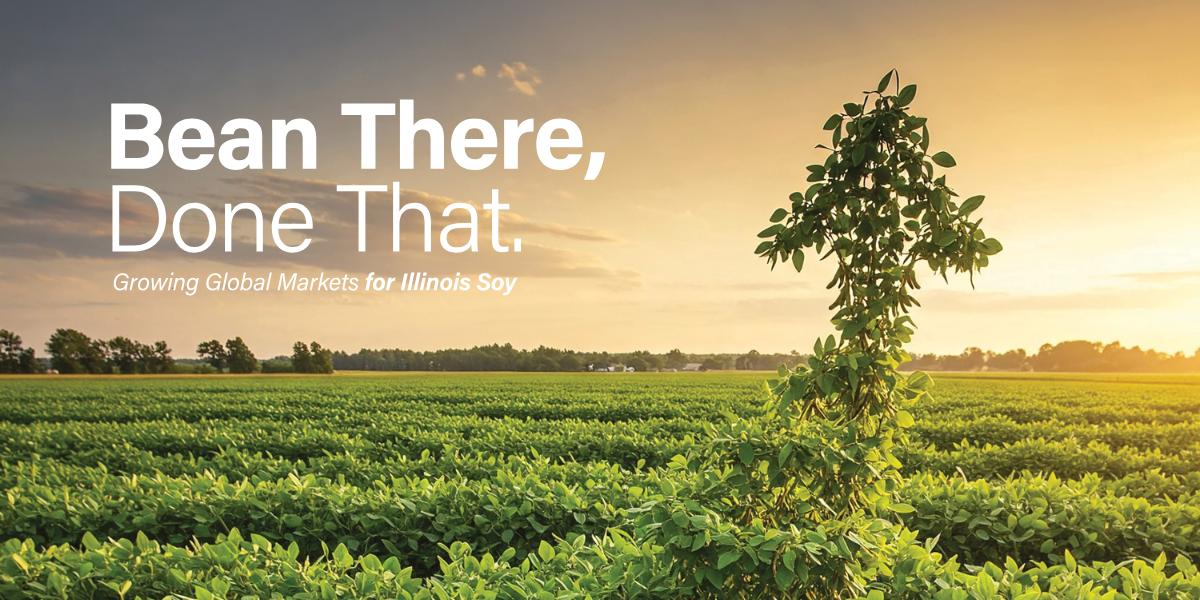When I first ventured into the world of property flipping, I was surprised by how similar it was to running our family farm. At first glance, farming and property flipping might seem worlds apart, but they share foundational principles that are crucial for success. Budgeting, community involvement and strong relationships should be top of mind as you navigate any business operation.
Sticking to a budget is crucial in both farming and property flipping. As someone with a finance background, I would argue it’s the most critical component of a business. On the farm, budgeting starts with a detailed projection of expenses and potential profits. Each year, we coordinate with vendors, grain marketers and crop insurance providers to set these projections. Whether we’re growing corn, soybeans or wheat, understanding the cost per unit and working within those constraints is vital. Every decision, from purchasing seeds to selling crops, is influenced by our budget, which helps us stay profitable and sustainable.
This approach extends to my property flipping business. Before purchasing a house, I draft a comprehensive budget, detailing purchase price, renovation costs and potential sale price. I even include miscellaneous expenses such as utilities and donations – it’s important to account for every single expense.
A thriving business, much like a successful farm, is deeply rooted in the community. On my family’s farm in Fayette County, we’re committed to being good stewards of the land and supporting our local community. This extends to sustainable farming practices that ensure the soil remains productive for future generations. If a practice benefits the environment and the community, it’s worth the extra effort and cost.
In my property-flipping business, I see each renovation as an opportunity to improve my community. By transforming neglected houses into functional homes, I help improve the neighborhood’s overall appeal and economic value. It’s about more than just making a profit; it’s about making a positive impact on the community.
On our farm, maintaining good connections with vendors, bankers and marketing advisers is crucial. My dad always taught my brother and I that everyone in a transaction needs to be profitable for it to be sustainable. This philosophy has shaped how we operate, ensuring that we build and maintain relationships based on mutual benefit and trust. Whether it’s negotiating prices with suppliers or securing financing for the next season, our success relies heavily on these partnerships.
When I renovate properties, relationships with contractors, real estate agents and suppliers are just as important. Building a network of reliable, trustworthy partners helps navigate the challenges of the business and ensures that each project runs smoothly. I strive to work with people I trust, creating partnerships that are beneficial for everyone involved.
Ultimately, I’ve found that success in any business comes from the same core values. By focusing on a precise budget, supporting my community and building strong relationships, I’ve been able to make a positive impact, proving that good business practices are universal, no matter the industry. Whether I’m cultivating crops or transforming homes, these principles guide my efforts and lead to meaningful and fulfilling outcomes. It’s a reminder that at the heart of any successful business, there are shared values that transcend specific industries and bring about sustainable growth and positive change.
Recent Articles
This exclusive issue of Illinois Field & Bean Magazine covers checkoff-funded research projects and their findings, as told by the research leads themselves.
By
Meet Bean There, ISA's International Market Development blog that covers events, conferences, trade missions and farm visits to connect Illinois soy with industry representatives, key trade partners, global buyers and more.
By Emma Peters, ISA International Markets Coordinator

